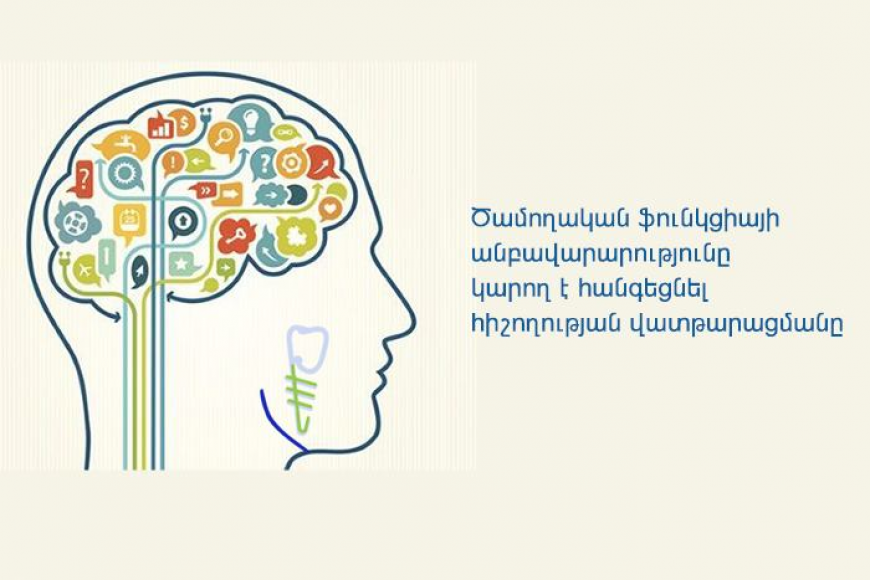News
Mastication and memory
26 December 2019 | News | Gynecological tumors | Head and neck surgery | Maxillofacial Surgery
As in the last few decades a drastic change in the nature of human diet has led to a decrease in chewing activity.
It is known that decreased chewing activity has a negative effect on the development of the maxillofacial region. Recently, it turned out that it may also have a negative effect on the development of brain function.
Although the link between chewing activity and brain function is very important, it has not yet been fully elucidated. It is mostly important for understanding the reasons for memory impairment in children learning processes, as well as the causes of certain brain dysfunctions in old age, in order to prevent them.
Several studies in Japan (http://dx.doi.org/10.1177/0022034517708771) have shown that eating soft food in mice not only suppresses the development of maxillofacial bones and muscles, but also behavioral changes are observed, that show decreased spatial memory and reduced learning functions.
The authors of the study showed that changes in the chewing function regulates the development and activity of nerve cells in one of the parts of the brain called hippocampus (the hippocampus is mainly responsible for memory).
Based on the results of the research, it is assumed that maintaining the function of the masticatory apparatus will prevent senile dementia, memory loss and learning disorders.
Similar articles
-

Thyroid gland and pregnancy
27 September 2021
-

Cold hands and feet. Peculiarity or a dangerous sign?
16 April 2020
-

Suddenly appeared vertigo
01 April 2020
-

Disorders of Temporomandibular joint and depression
19 November 2019
-
 View all
View all
Sign up here for our newsletter





